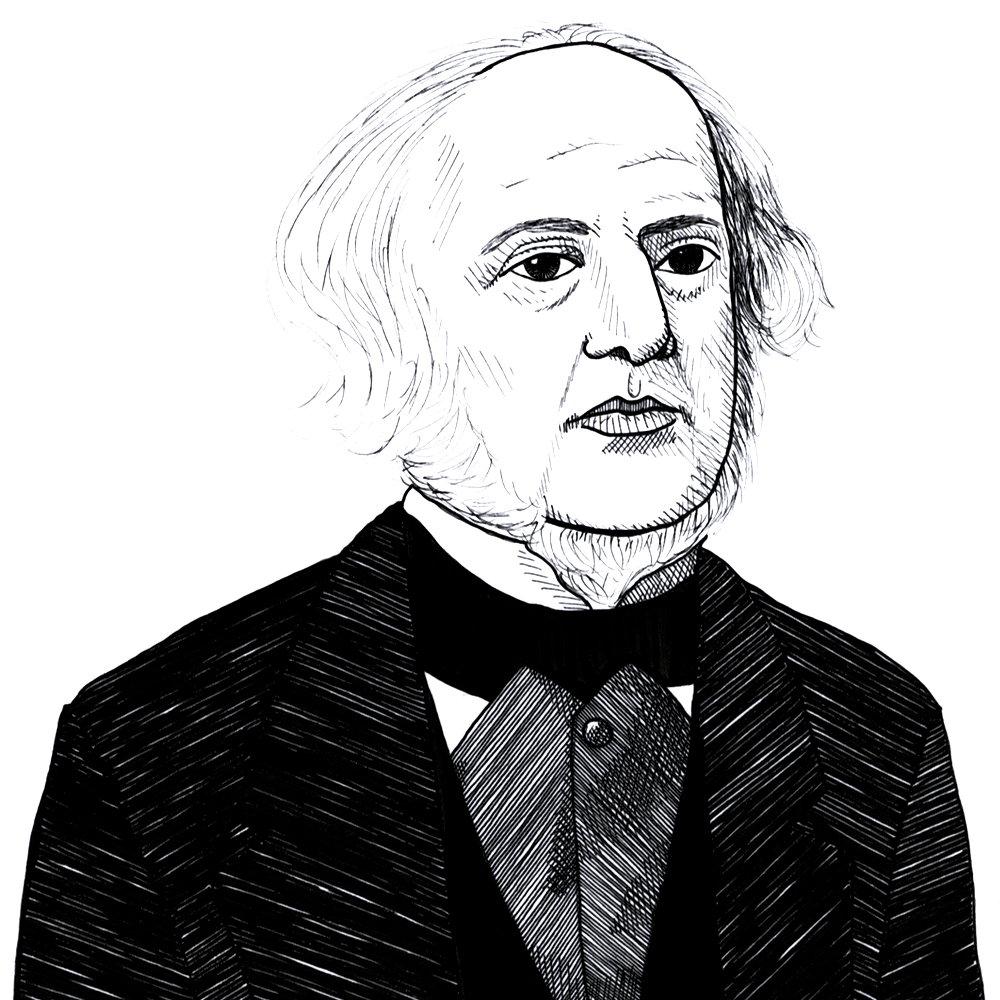
John Bright denounces the power of the war party in England (1878)
Found in: Selected Speeches of the Rt. Hon. John Bright M.P. On Public Questions
The Quaker and antiwar MP John Bright opposed the war against Russia in the Crimea in 1854 and opposed similar agitation for war again 25 years later in 1878. He blamed the constant agitation for war on the traditions of the Foreign Office and the control of the British press by a powerful “war party”:
War & Peace
There are still the traditions of the Foreign Office. I once expressed—I was very irreverent towards such an ancient institution—the wish that the Foreign Office might some day be burned down; and at least, correcting myself, that if it should be burned down, that I hoped all its mad, and baneful, and wicked traditions would be burned with it. But these traditions still linger in the Foreign Office, …
But still we cannot disguise from ourselves the fact that there is something of a war party in this country, and that it has free access to some, and indeed to not a few, of the newspapers of the London press. If there is any man here who thinks the question of our policy doubtful, if there is any man in the country who shall read what I say now who is in doubt, I ask him to look back to the policy of twenty-three years ago, and to see how it was then tried, and how it succeeded, or how it failed. The arguments were the same then exactly as they are now. The falsehoods were the same. The screechings and howlings of a portion of the press were just about the same.